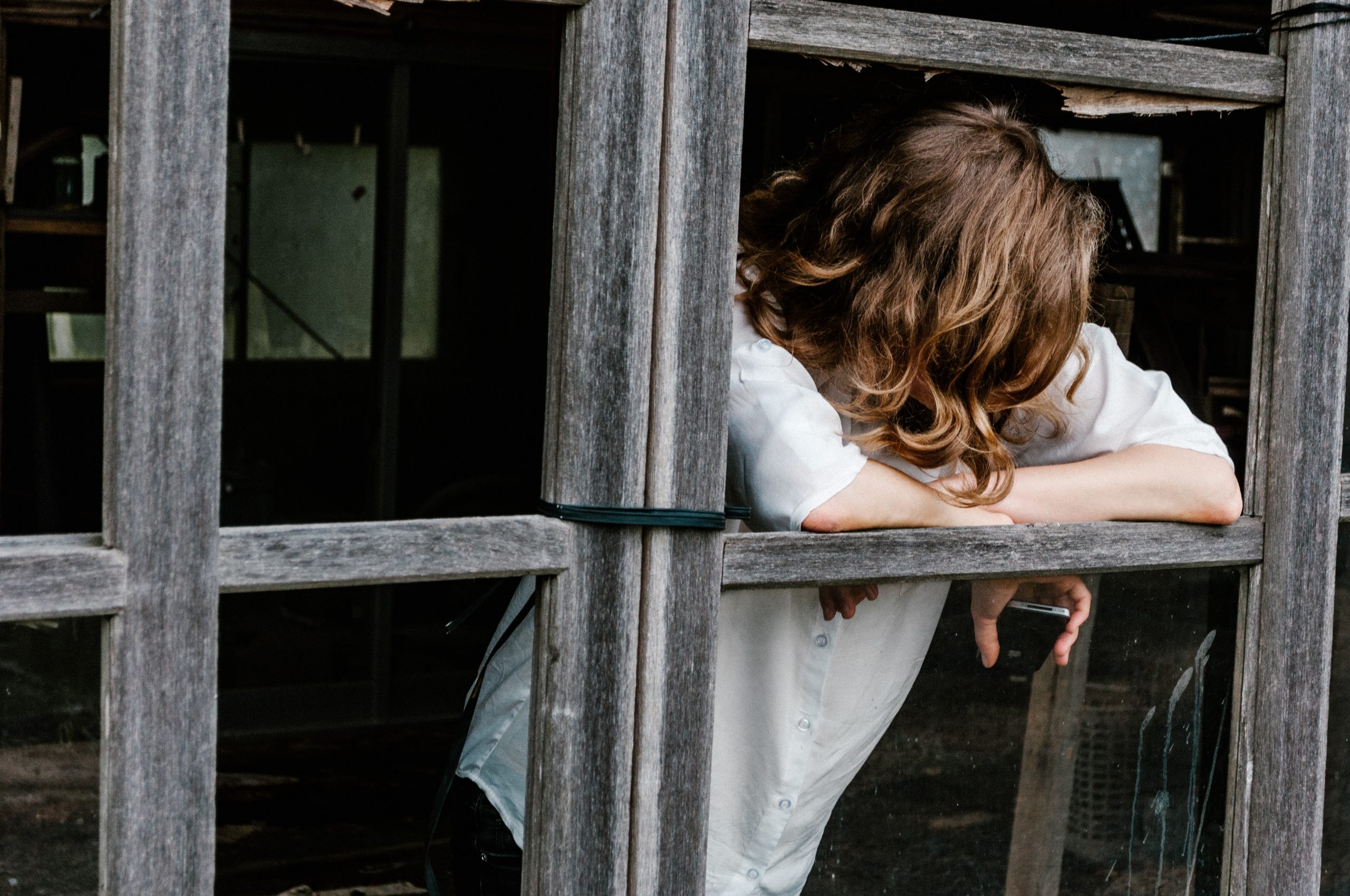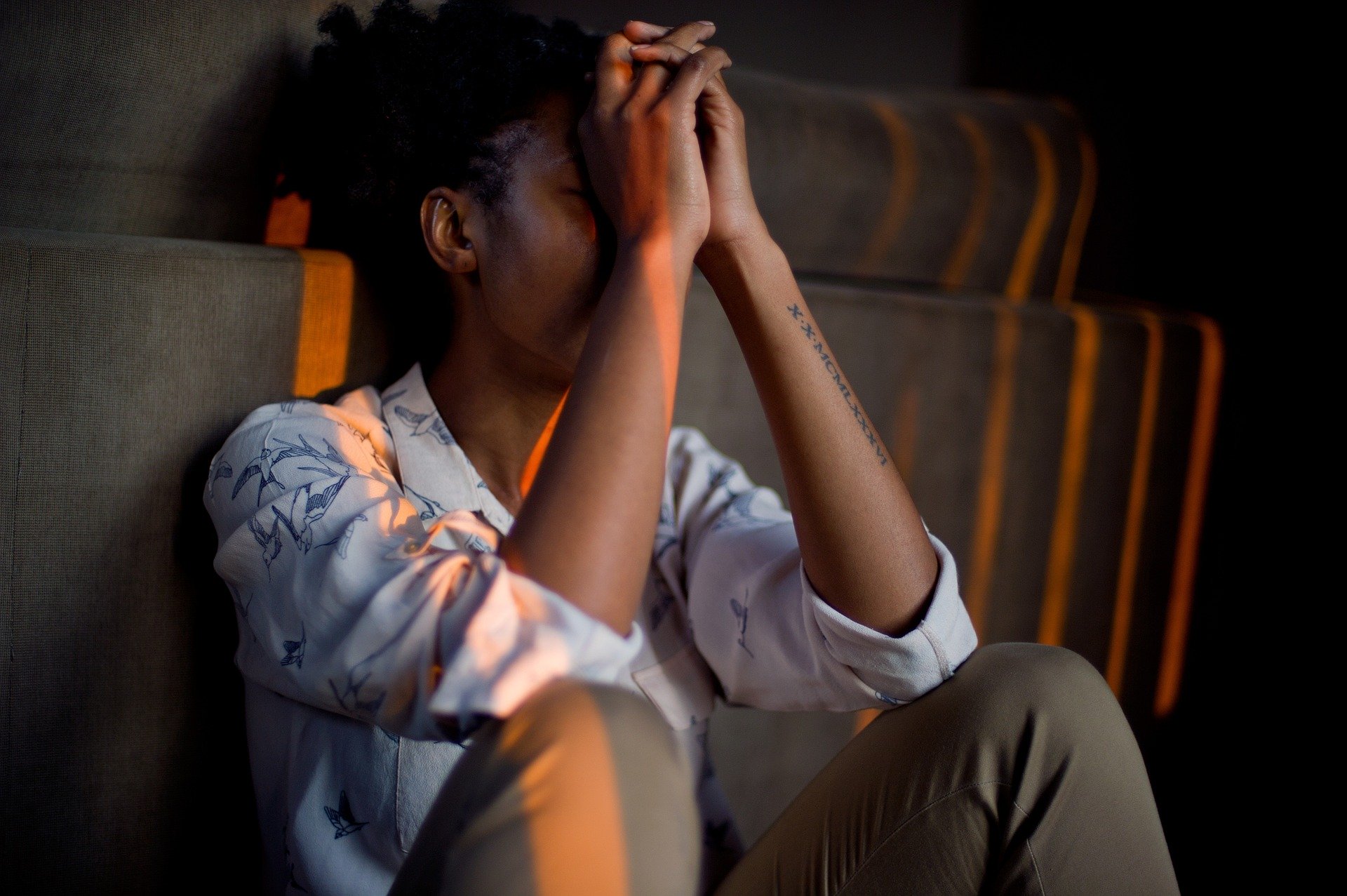
The word ‘isolation’ can also be described as ‘the condition of being alone’, so it is no surprise that many of us are struggling with being lonely, low mood and depression. This is especially worrying for those who are over 70. In the younger generation, the term ‘self-isolate’ means staying at home with family, for those who are older, they may already live on their own, and their only human connection is when they go out and visit friends.
If you have an elderly loved one, or neighbor who is self-isolating, check up on them as often as you can, it need only be a short phone call, but you may be the only person they have spoken to that day. If you are the person who is struggling with the loneliness whilst having to self-isolate, there are many help lines who can offer support and a friendly voice when in times of need, such as The Silver Line, who offer a confidential, free helpline or telephone friendship for the elderly; call them on 0800 470 80 90.
Encourage your loved one or neighbor to limit their intake of the news. The more you hear, the more you buy into the panic. This only adds to the current anxiety. Instead, encourage them to watch a lighthearted TV programme or film. You can even watch it alongside them whilst chatting on the phone so it gives them the feeling of company.
Encourage them to stay in touch with the outside world via Skype, WhatsApp or other messaging apps. Many of the elderly now have smartphones and will be aware of these forms of contact, even though it might not be their instinct to use them.
I hope some of these tips will help to keep our loved ones and neighbours in a positive state of mental wellbeing, after all…..self-isolation does not have to mean mental isolation.
Blog post written by Hammersmith author, Lynn Crilly, author of Hope with Depression, Hope with OCD and Hope with Eating Disorders.

